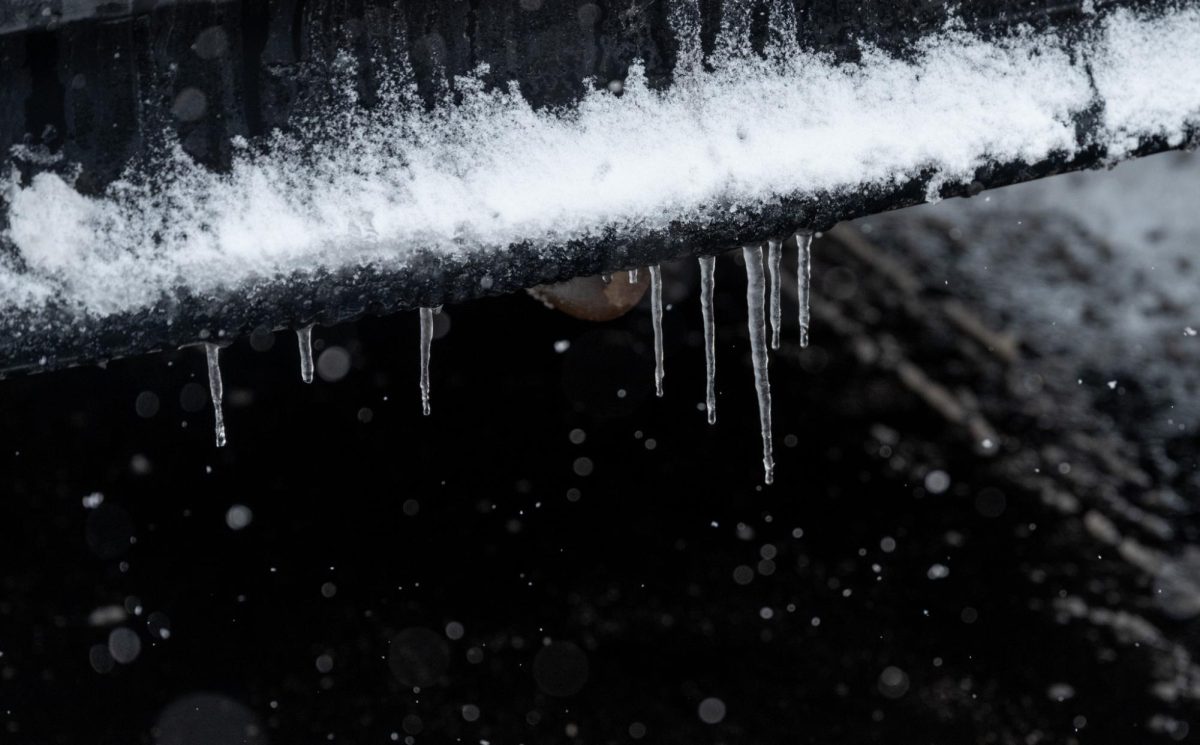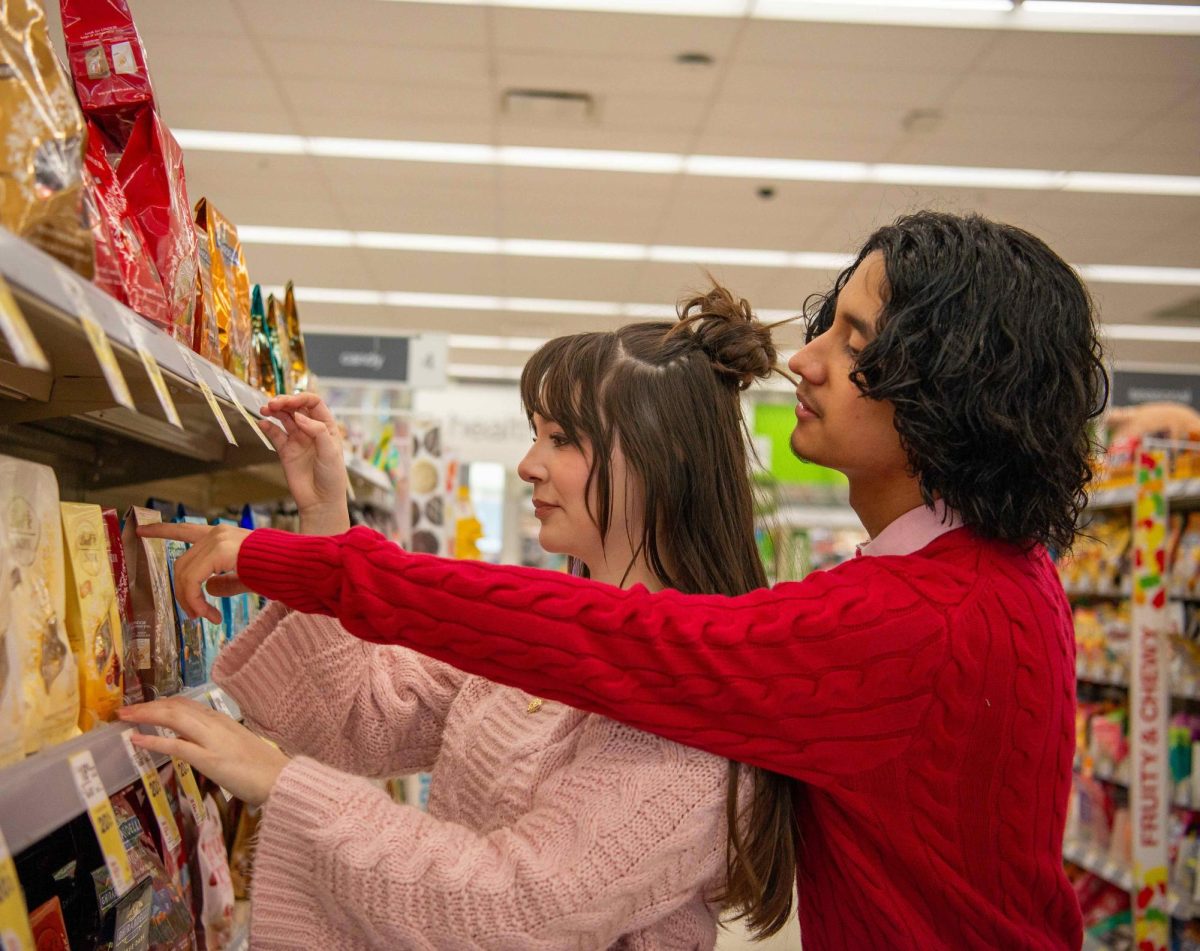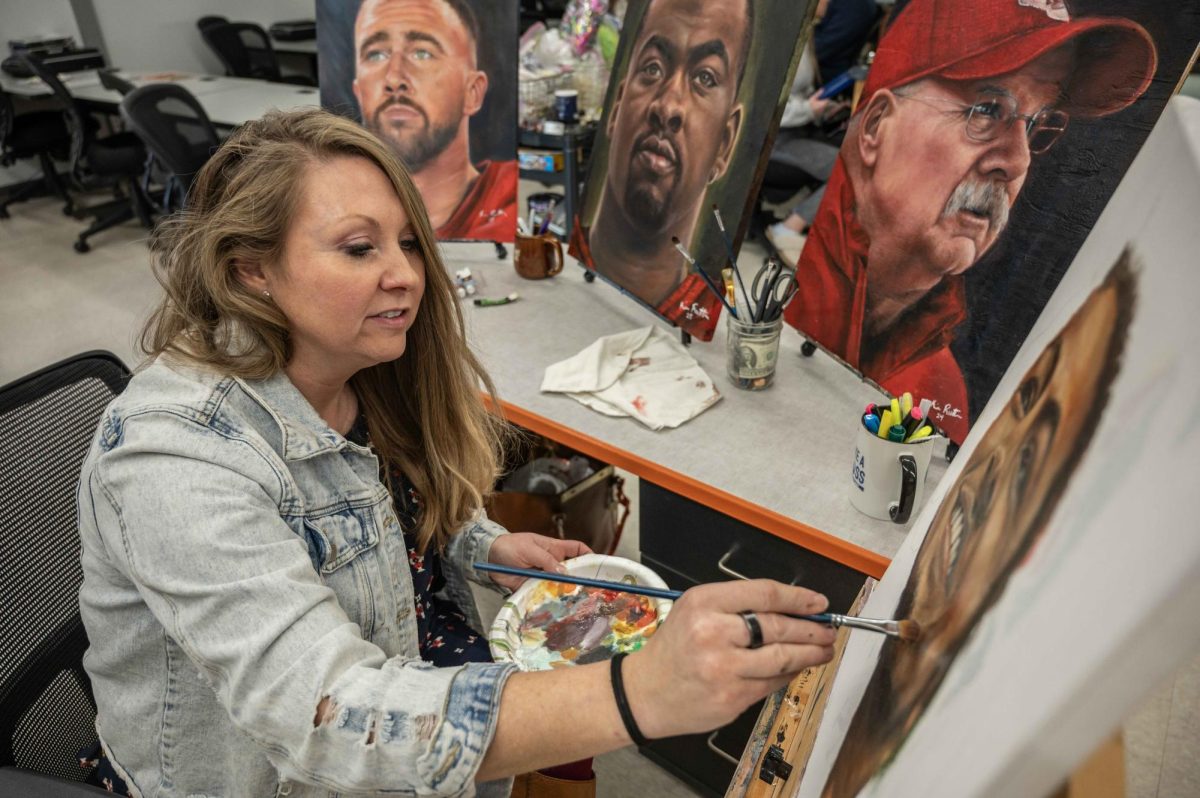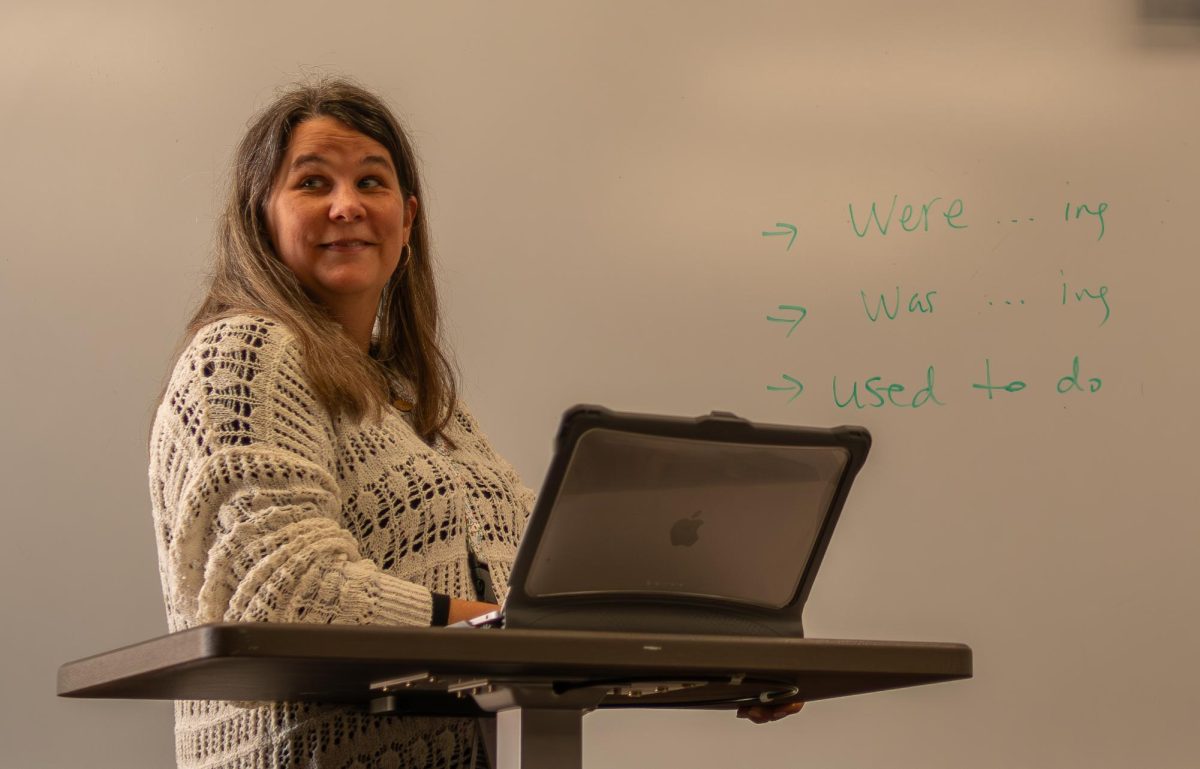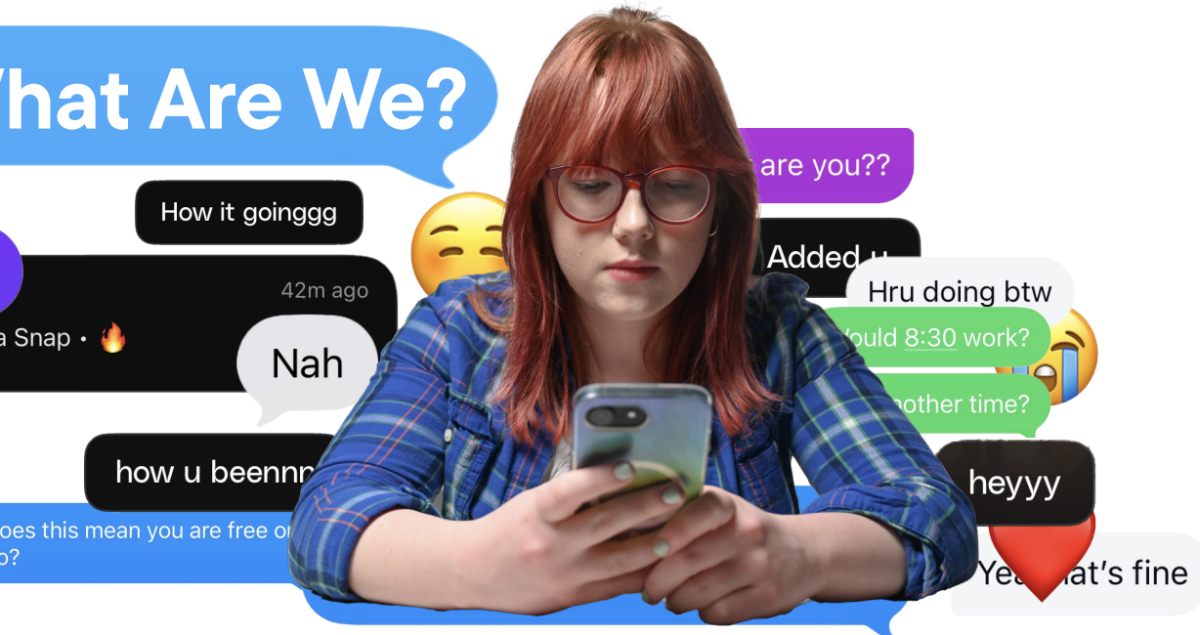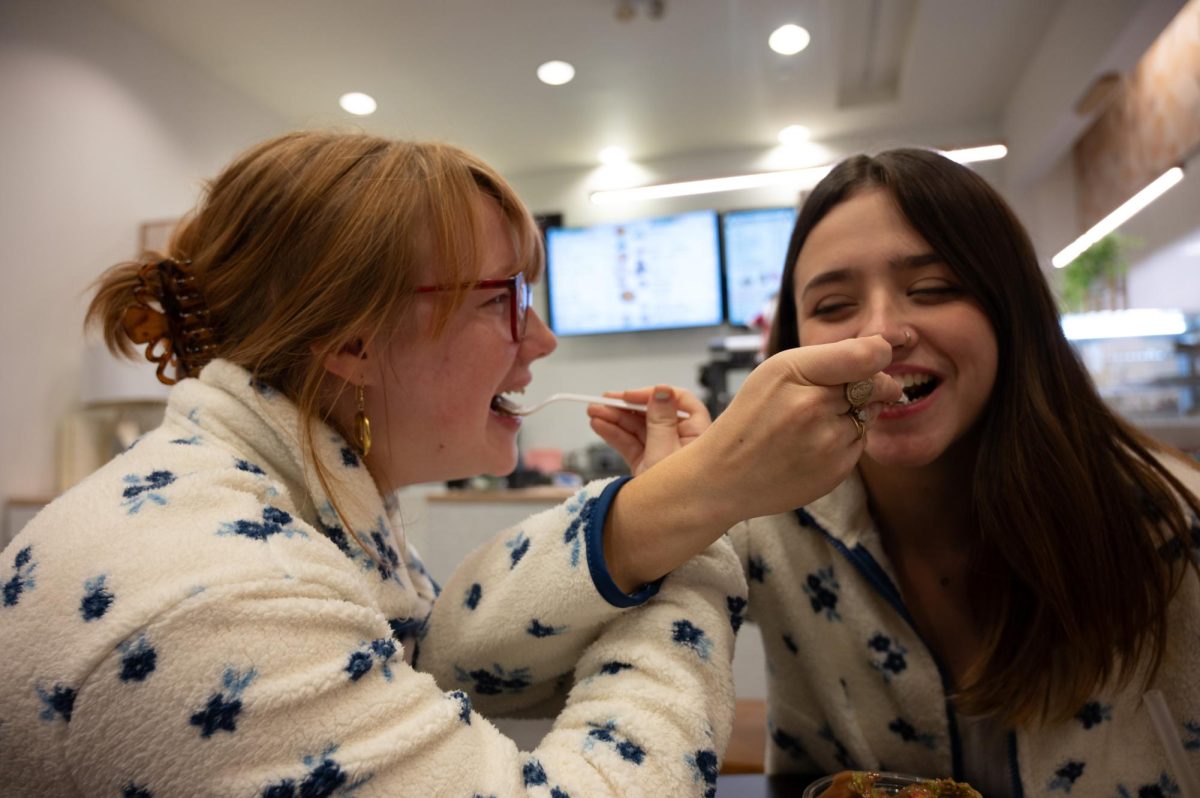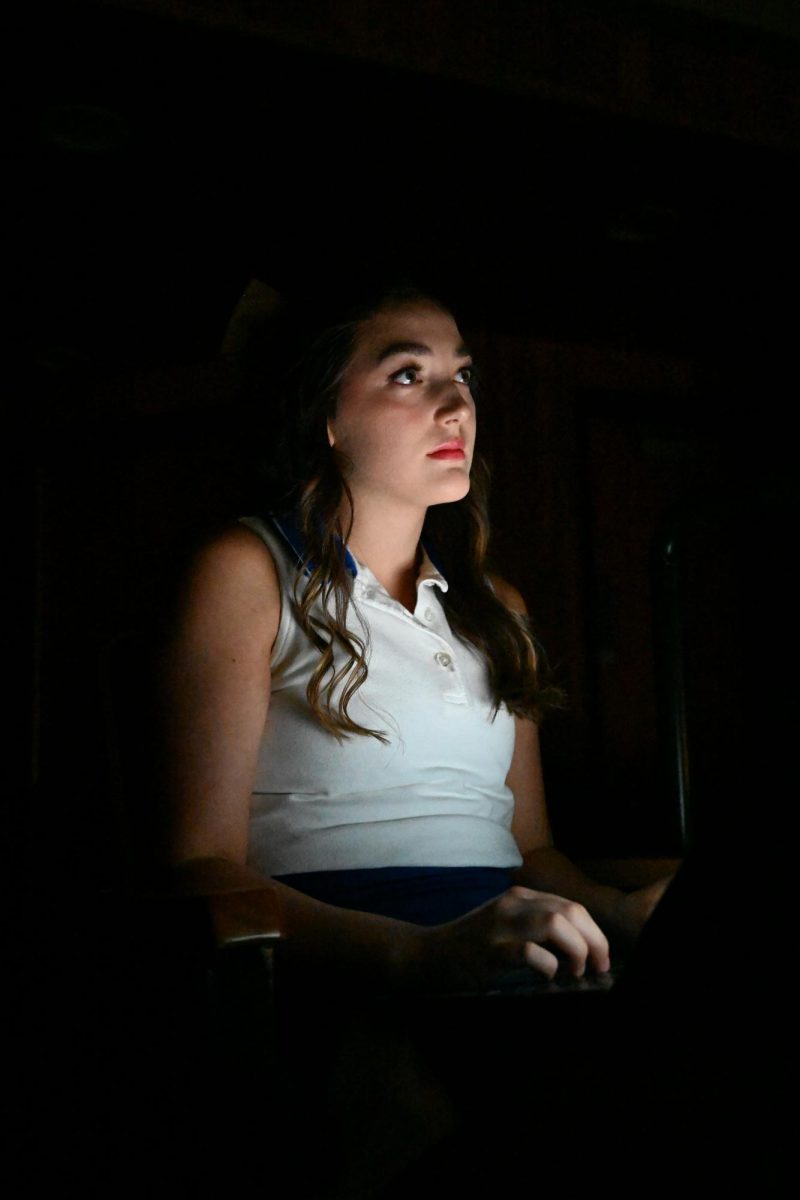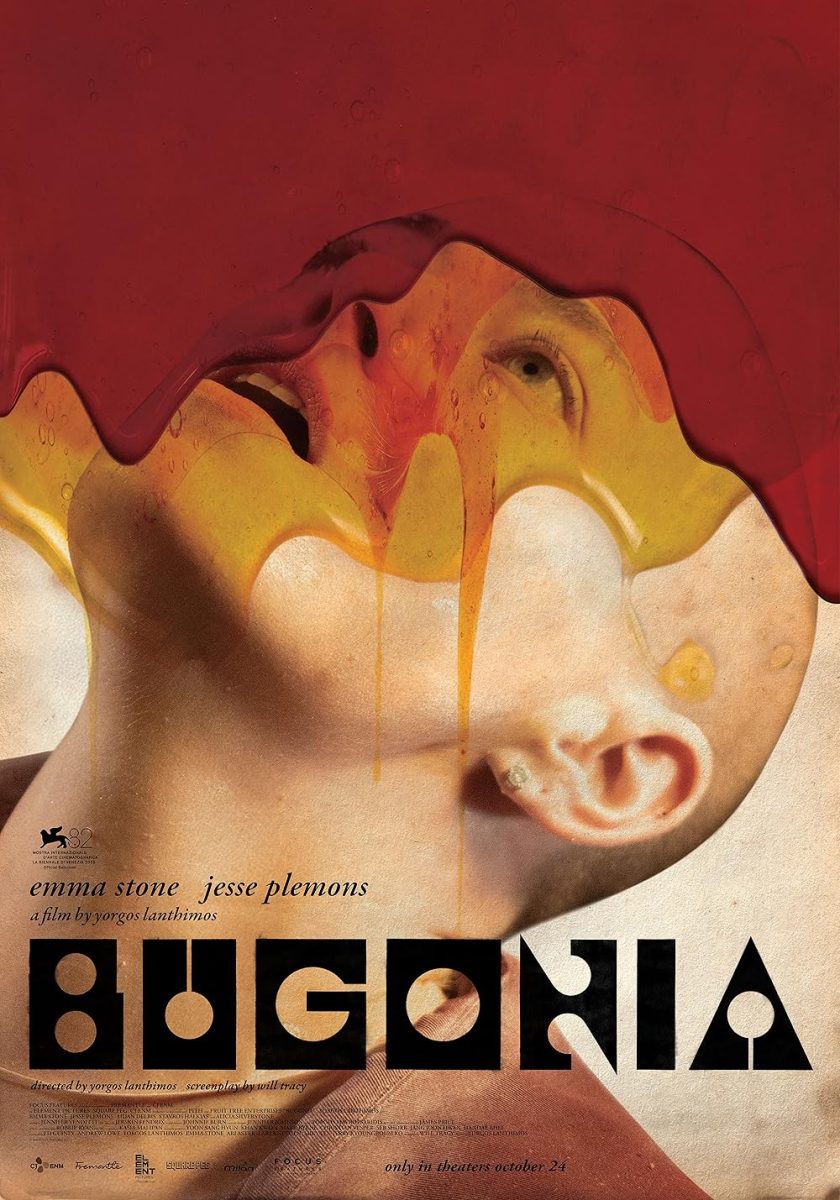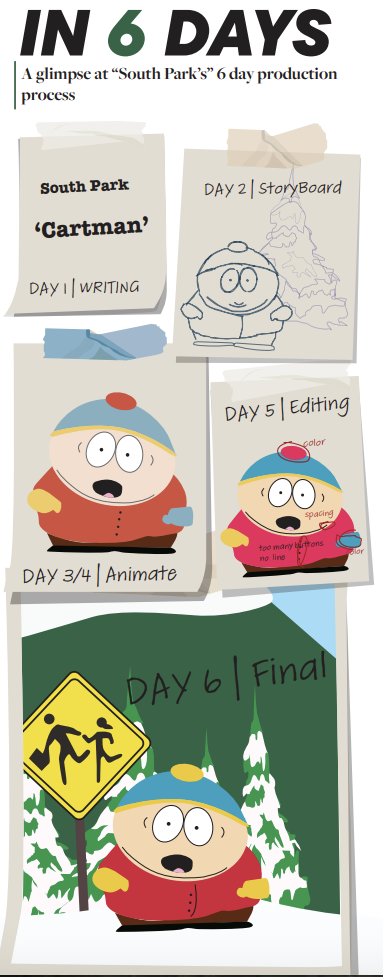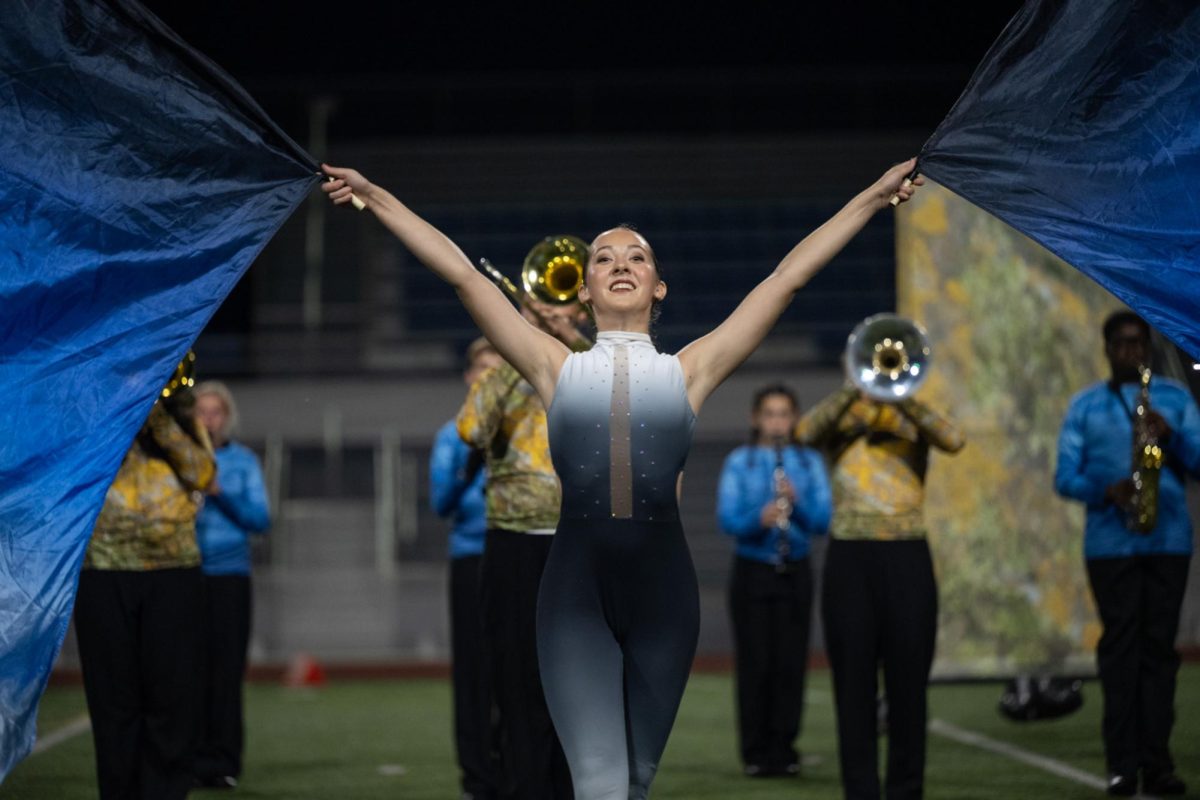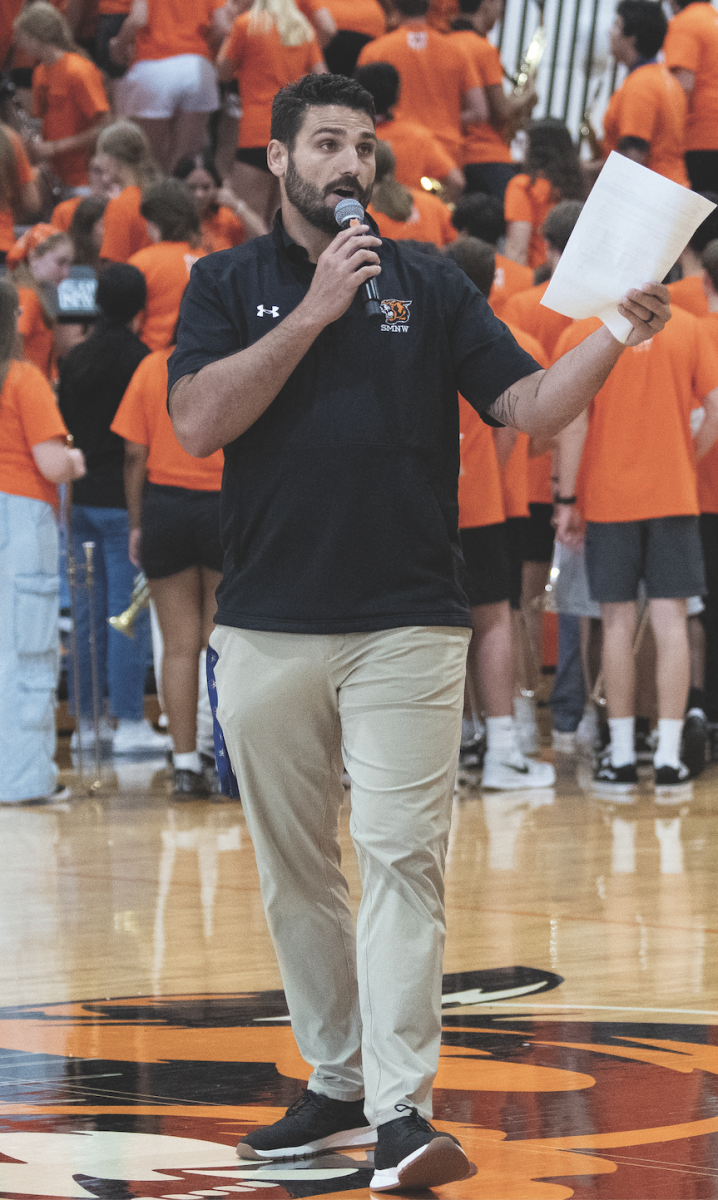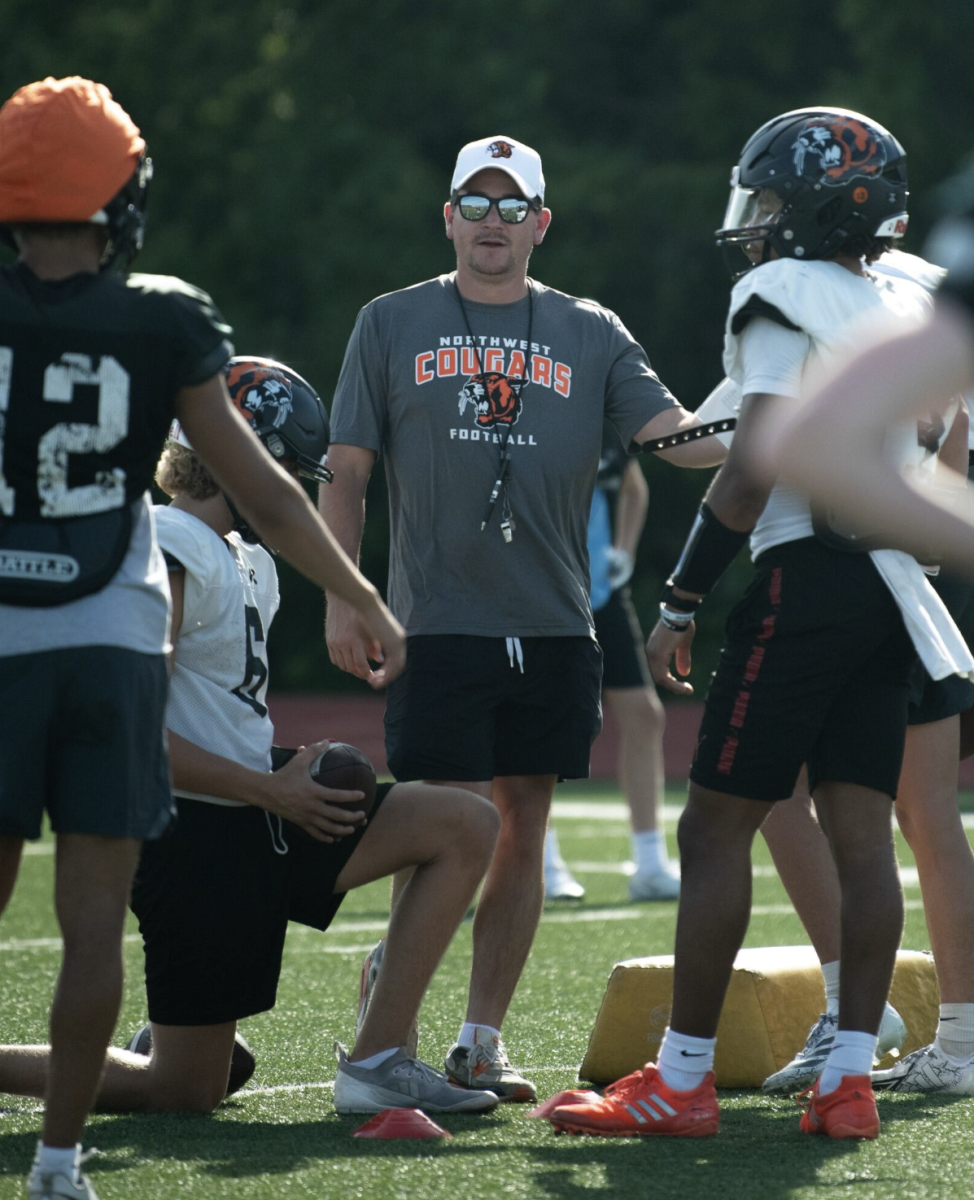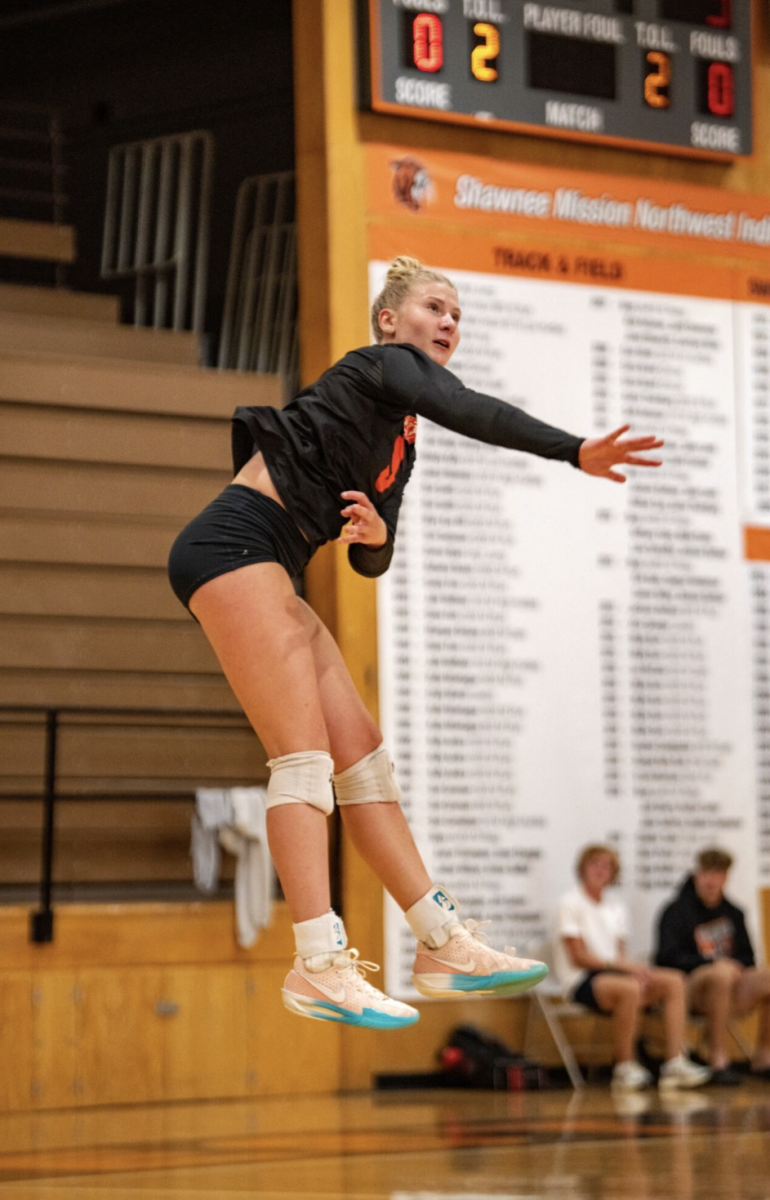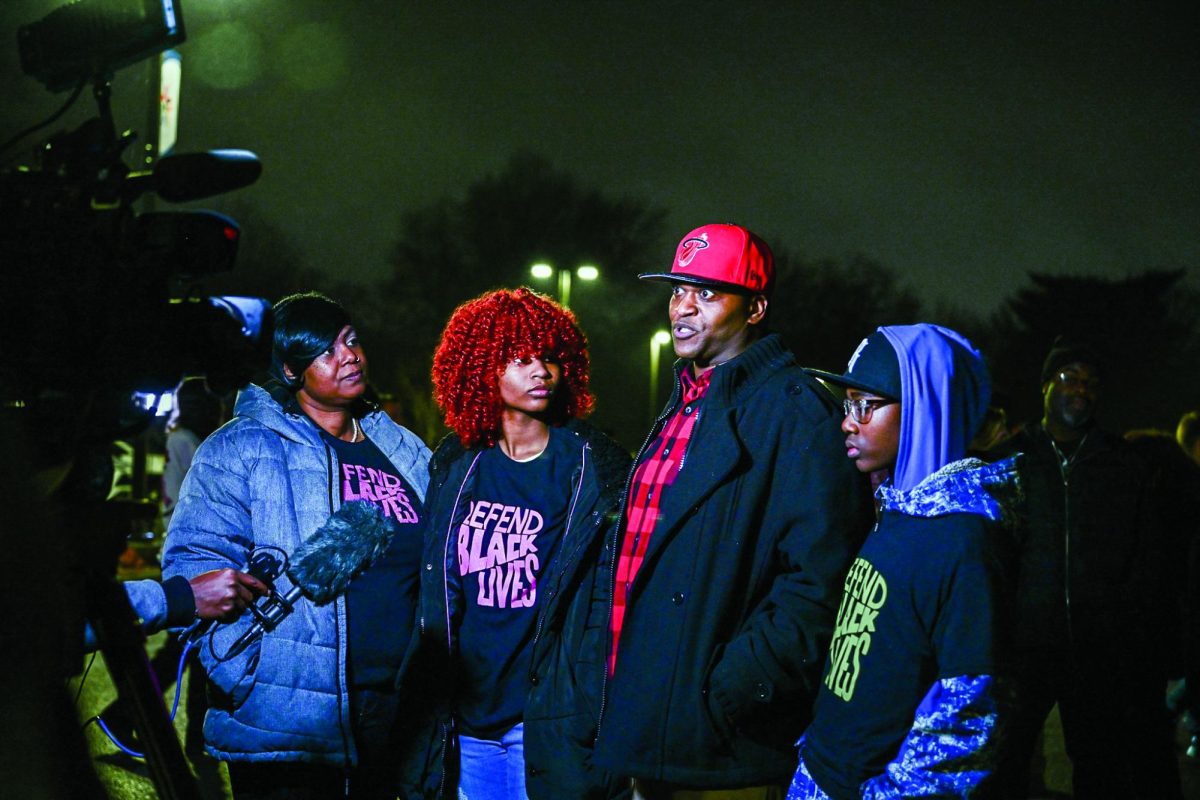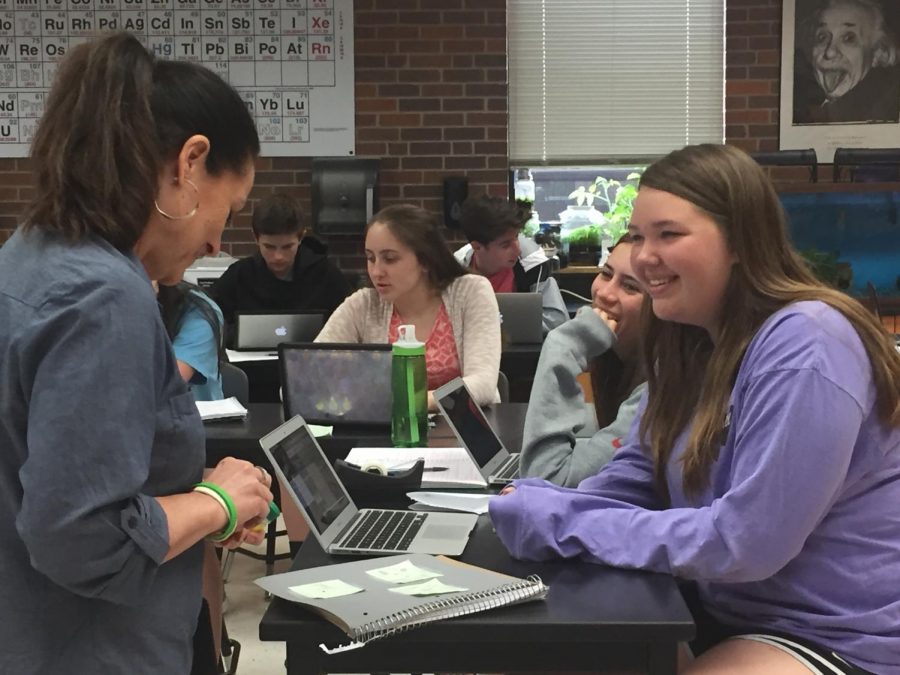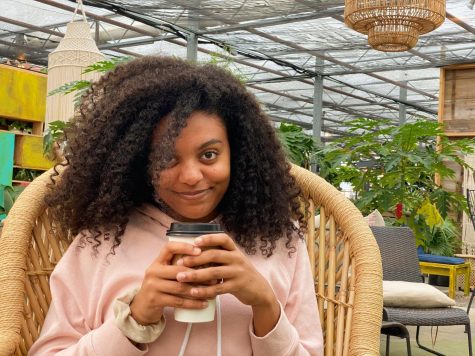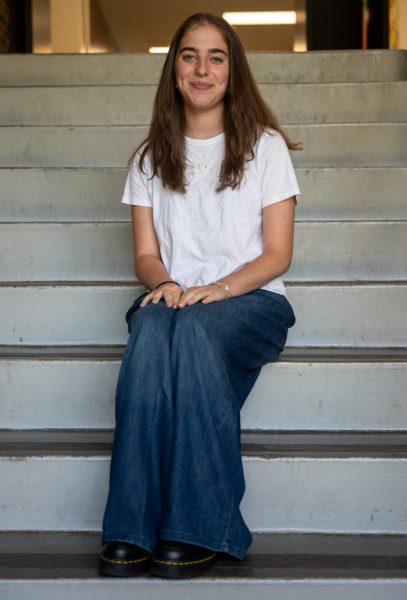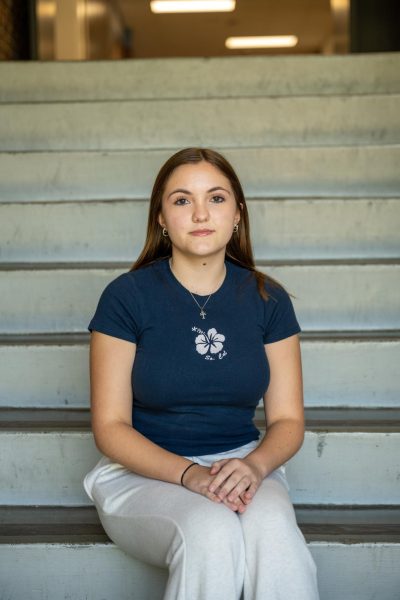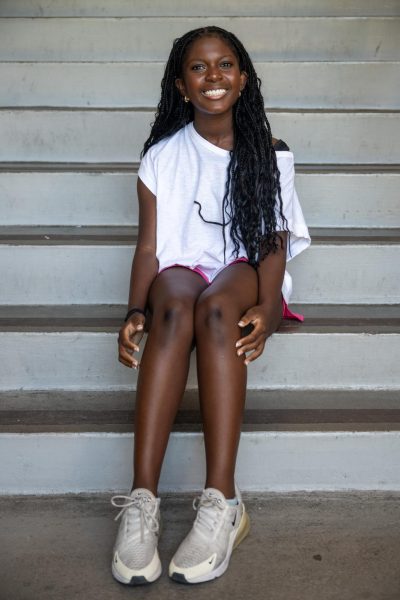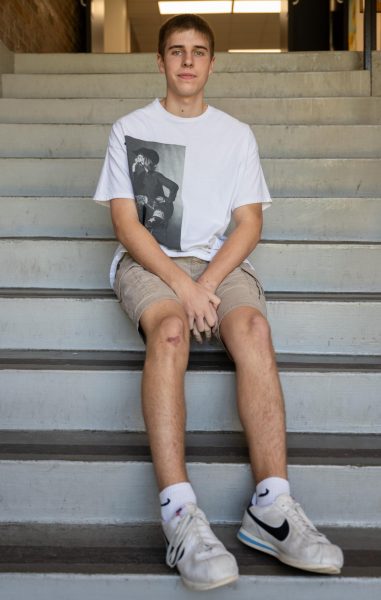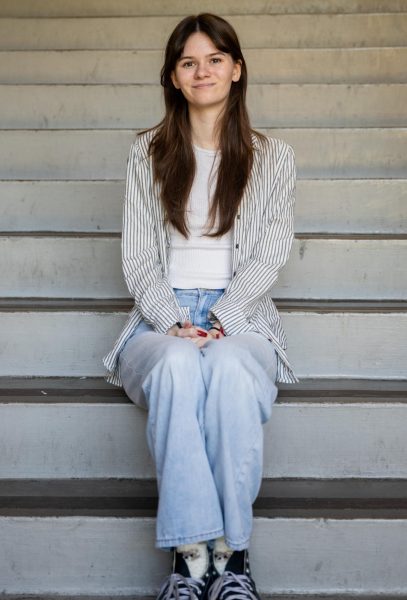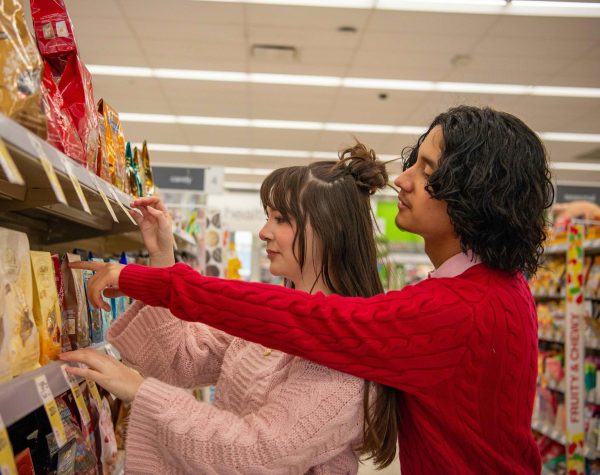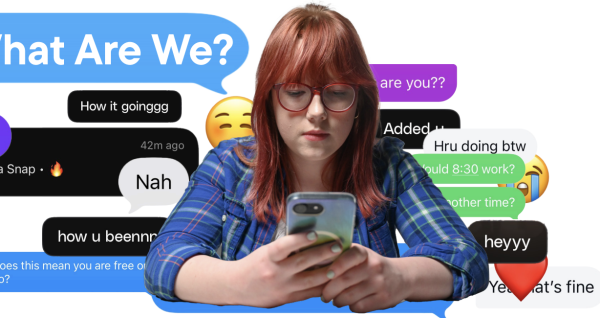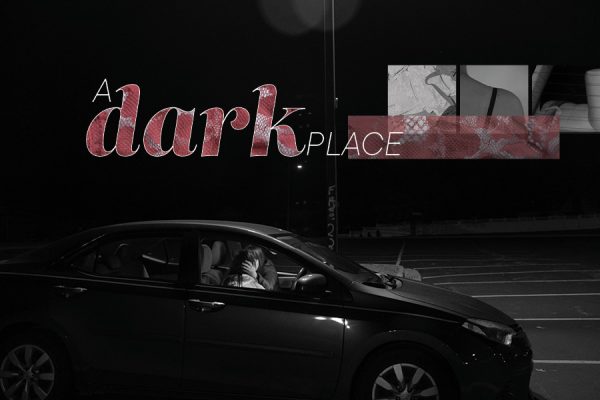Brewing up a Learning Experience
Biology teacher Debra Brewer is in preparation for a trip to South America this summer
May 23, 2018
“Teaching is not just something that you do, it’s really who you are,” biology teacher Debra Brewer said. listen Just last year, Brewer was in Houston, receiving treatment for an inoperable brain tumor in the midst of Hurricane Harvey. Next month, she is heading to South America to study evolution in extreme environments.
She and World Regional Studies teacher Haley Lukes received a nearly $10,000 grant to fund this trip from an organization called Fund for Teachers. Founded in 2001, the organization has invested roughly $30 million in nearly 800 teachers, sending them to almost 150 different countries. The grant that Brewer and Lukes received distributes $500,000 to several teachers nationwide. Their application consisted of educational goals in both the World Regional Studies and Biology fields, as well as a three-week lesson plan for the Honors Interdisciplinary Studies Program students when the two return.
“They gave us everything we asked for,” Brewer said. Using the money from the grant, Lukes and Brewer plan to travel to Ecuador, Peru and the Galapagos Islands.
In addition to examining the diversity present because of these habitats, they plan to visit the island of San Cristobal to study ecotourism, as well as the Ciudad Mitad del Mundo, or “Middle of the Earth” Monument, in Quito to study inconsistencies in history. But because of her experience grappling with a brain tumor in recent years, Brewer is most looking forward to the hike they have planned.
They will land 11,500 feet above sea level in Cusco, where a guide will take them on a climb to Machu Picchu. Because of the high altitude, hikers often experience distress due to oxygen depletion in the blood and brain. Every 500 feet, Lukes and Brewer will monitor the oxygen saturation level, heart rate and blood pressure of themselves, their guide and any locals they find living on the trail. They will compile this information into a database of ages, genders and familiarity with this elevation to study stress on the body in relation to exposure to different conditions.
“I’ve been limited in what I could do this last year, and it’s hard to feel normal when you’re not doing your normal stuff,” she said. listen “It’s very frustrating to know that your way of thinking has changed and that you can’t do the things that you used to do. For selfish reasons, I’m inspired by the fact that I’m going to be strong enough to keep up with Mrs. Lukes and do this hike under these extreme conditions. I’m hopeful that I will be able to do it.”
Lukes travels for her career often, taking Northwest students on trips each year. Even though this is Brewer’s first time going on a prolonged trip with teaching at the forefront, she is looking forward to adding the knowledge she will gain from the locals, the guides and Lukes to her teaching repertoire.
“Sometimes you have to let people who know so much more than you do what they do best,” she said. “Believe me when I say Lukes knows a lot about a lot of things. That’s one of the most exciting things for me as a biology teacher. To let her expertise guide my way of thinking. Really for the first time in a long time, we become each other’s student.”
However, while both her and Lukes are on the lookout for knowledge in South America, Brewer claims it’s simply her nature.
listen “It’s always been a goal to be able to travel the world and learn about different cultures. But I don’t know that it’s necessarily been a goal because I’m a teacher. I think it’s just been a goal because I’m a human,” she said.
Brewer also looks forward to visiting the Galapagos, saying it’s an aspiration of nearly every biology teacher, as well as hearing firsthand experiences and stories from the locals. The main purpose of Fund for Teachers is to drive home why you need to travel to gain the information, rather than using the internet or another resource.
“Our goal is to collect as much video information, as much database information, as many firsthand accounts as we can, so that we can bring it all back to next year’s freshmen and build an entirely new unit on this evolutionary topic under extreme conditions. If our current knowledge is based on misconceptions, we don’t want to pass on those misconceptions to our students. That’s another reason why this whole firsthand account thing is so significant.”
Their lesson plan upon return involves plenty of Socratic seminars, debates, database research, and comparing and contrasting events in scientific and cultural history. However, Brewer is open to adapting this lesson plan based on what she discovers while away.
“Sometimes what we think we’re going to be able to do is very different from what we’re actually going to do,” Brewer said. “It’s hard to say what we’ll implement when we get back because we may go on a completely different tangent, which is what education is all about. It’s not sticking to a plan just because you have a plan, it’s letting your plan guide you in making the best decisions for what you can do in the classroom. On a mountain!”
But perhaps Brewer’s biggest goal is to enjoy a little bit of healthy competition throughout the trip, at times even joking about racing Lukes to Machu Picchu.
“If I can say for the rest of my career here that I was able to beat Mrs. Lukes up that hill, even if it’s by one step, that is the goal,” she said. “I might trip her, knock her down, I’m not sure what I’m gonna do, but I plan on being the first one up the hill. I’m thinking about putting some dysentery water in her sanitized water so that she’s got tummy troubles and I can be better than her.”
She is hopeful that after beating Lukes up the mountain, she will still have enough energy to pass on her new knowledge to next year’s freshmen students. Brewer aims to teach content that goes beyond the lesson plans outlined in blue painter’s tape on her whiteboard. For her, it’s all about finding transcendence.
“We’re not telling you about something that somebody else did. We’re telling you about something that we did. And what we hope is that, because we will have so much fun and so many great stories, we’ll be able to make it interesting. When it’s interesting and educational, it sticks.”

